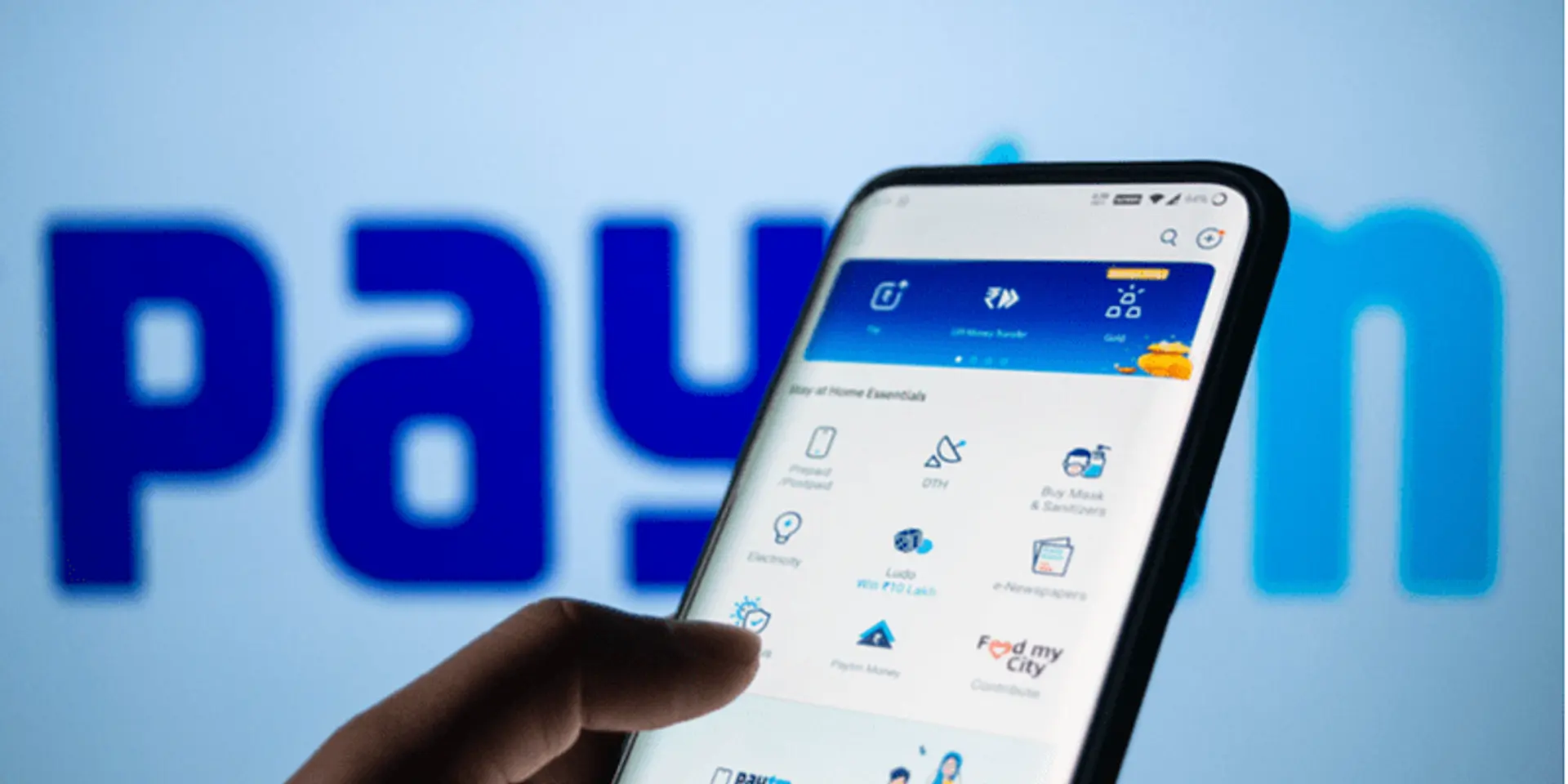Goldman Sachs ups Paytm rating to "buy" on strong Q3 topline; Macquaries flags high ESOP costs
Goldman Sachs says continued market share gains in Paytm's payments business, as well as strong traction in lending, among other reasons, are positives in the company's Q3 results.
Following fintech giant 's third-quarter results, Goldman Sachs has upgraded its rating call on the stock to 'buy' from 'neutral', mainly on the back of its strong revenue growth.
Paytm on Saturday reported an 89 percent increase in its quarterly revenue to Rs 1,456.1 crore, compared to Rs 772.0 crore a year ago. Loss, however, widened to Rs 778.5 crore, compared to Rs 535.5 crore a year ago because of expenses arising from higher payment processing charges.
Goldman Sachs lauded Paytm's topline growth, saying it will "help allay investor concerns around declining payments take rate in recent years". Take rates are usually commissions that payment processors, such as Paytm, take for processing transactions. In recent years, that has been declining and thereby squeezing payment processors' margins, but, according to Goldman Sachs, the current payments take rate — at 0.4 percent — has not declined since FY19, which is a net positive for the company.
Paytm also said it is not expecting any major changes to take rates in the foreseeable future - which means its revenue is likely to remain stable versus decline had rates continued their downward trend.

Goldman Sachs added Paytm's strong lending business, as well as its cloud business which is tracking ahead of the investment bank's expectations, are other reasons that led to the upgrade in rating.
However, the brokerage cut its target price to Rs 1,460 from Rs 1,600.
Macquarie also cut its target price on the stock by 22 percent to Rs 700 saying Paytm currently trades at 11X its FY23-end sales, which the brokerage believes is expensive. It maintained its 'underperform' rating.
The investment bank, taking into account Paytm's ESOP expenses in the quarter, said the elevated costs are likely to be recurring going forward.
"We don't believe that investors need to look at EBITDA ex ESOPS. Since ESOPs are integral for startups, and there is dilution to minority shareholders when ESOPs are exercised, EBITDA including ESOP costs should be looked at," Macquarie said in its research note, adding the ESOP costs are "being borne indirectly by the minority shareholders."
Paytm's shares closed at Rs 955 on Monday, up 0.17 percent following its tepid results.
Edited by Kanishk Singh




